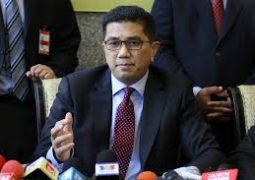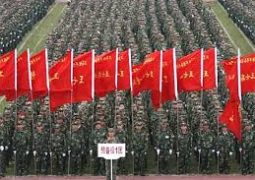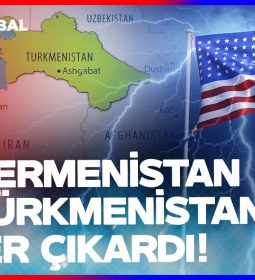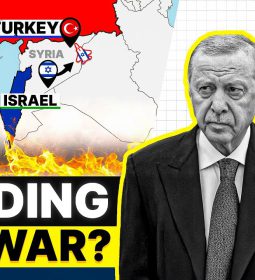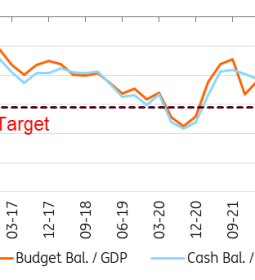Top US lawmaker criticises China’s ‘negative and silly Tibet obsession’ Elliot Engel’s remarks against China are significant given Beijing’s insecurities about the Dalai Lama.
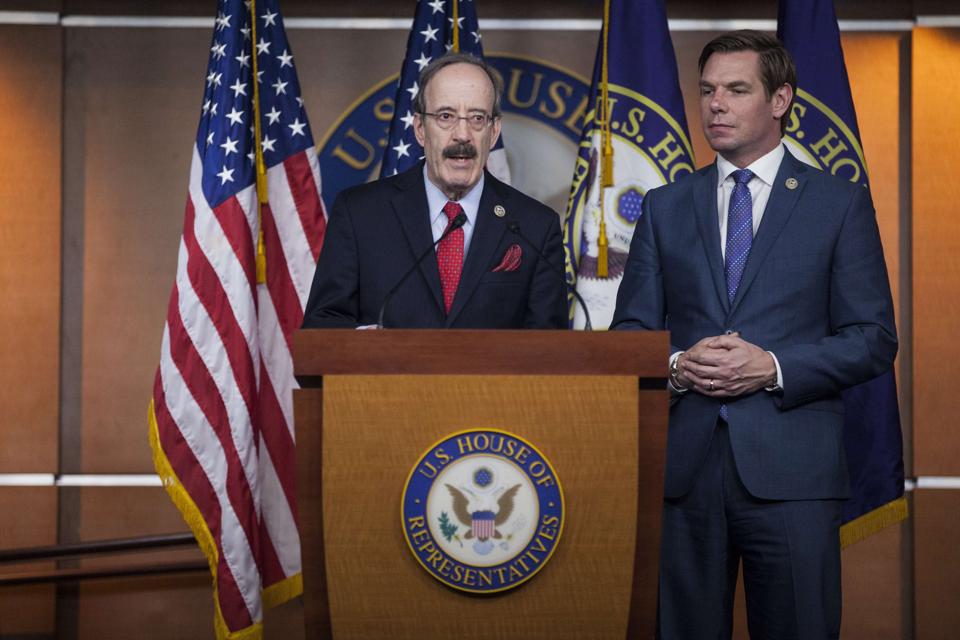
A senior US lawmaker, who was in Dharamshala earlier this month with a congressional delegation to meet the exiled Tibetan spiritual leader, the Dalai Lama, has lashed out against Chinese criticism of the visit and called it “negative and narrow-minded … (and) silly”.
The delegation comprising 8 members of the House of Representatives was led by minority leader Nancy Pelosi and had extended public engagements with the Dalai Lama and the Tibetan community over 2 days drawing predictably petulant criticism from the Chinese.
“That’s the negative and narrow-minded attitude that the Chinese government has taken,” Eliot Engel, the top Democrat on the House of Representatives’s powerful Foreign Affairs Committee, told the Hindustan Times in the sharpest response yet of Beijing from a member of the delegation.
“If they have nothing to hide, then they shouldn’t mind us going. We can’t let the Chinese through political pressure or economic pressure make us forget about the plight of the Tibetan people, or make us forget about human rights and religious freedom issues,” he added.
Engel’s remarks against China were most significant, however, given Beijing’s obsessive insecurities about the Dalai Lama. “Chinese government is a strong government. Their military is strong. I don’t think that the Dalai Lama, aged 82 (he is actually 81), represents any sign of threat to them,” Engel said.
A Chinese foreign ministry spokesperson had said that the visit “to meet the Dalai Lama sent a very wrong signal to the world about Tibet independence and goes against the United States’ promises on Tibet. China firmly opposes this and has lodged solemn representations with the US.”
“We urge relevant congress people in the US to carefully handle the Tibet issue, stop all communications with the Dalai Lama and take immediate measures to deal with the negative impact of the visit,” the spokesperson had added.
Calling the statement “silly and narrow-minded”, Congressman Engel said, “We support a One-China policy. But again, the Dalai Lama is not asking to be a separate country, he’s just asking for autonomy within China, within Tibet. And I don’t think that’s too much to ask.”
He went on to endorse the Dalai Lama’s demand that the Tibetans should choose his successor, and not China. “I don’t think that the Chinese in Beijing should determine who the next Dalai Lama is … let people do that,” Engel said.
Asked if he would like India and the US to coordinate their actions on China, he said, “I don’t think we want to be enemies with the Chinese. But I think we both look at some of their more aggressive moves with consternation. And that’s why I’d like [to talk about] the manoeuvres being done between India and the United States, Japan and Australia. And I’ve been pushing for that. I mentioned that to Prime Minister Modi as well.”
Engel, who co-founded the India Caucus in the House of Representatives in 1993, also said that during Prime Minister Narendra Modi’s upcoming visit to the US to meet President Donald Trump, he would like to see progress, among other things, on quadrilateral engagement between India, the United States, Japan and Australia.
Generally, he said, the 2 countries must focus on economics and trade. But, he also stressed on the role of the diaspora — the Indian American community which “comes into play in a helpful way (to) deepen people-to-people ties. I think that’s important.”
Engel, who has been a member of the House of Representatives from New York since 1989, also said “it’s very irritating” the way Pakistan “has behaved itself” on terrorism.
“It can either contribute to, with an effort to reel in terrorism, or it can be exposed as a spoiler. And we’re not afraid to move in now. And you, I’m sure, saw what’s Congress’ decision on the F16,” Engel said.
“We’ll play bad cop if we have to. And at the same time, we want to make sure that actions with the targeted sanctions or a decrease in security assistance, or even a terrorism designation,” he added.
- Previous Mark-III missile lunch planned in India
- Next Modi, Rahul or Owaisi? Indian Muslims consider their political options Alienation constitutes one element of the story of Muslims in contemporary India as they think about political choices in the past and options they have at present.




